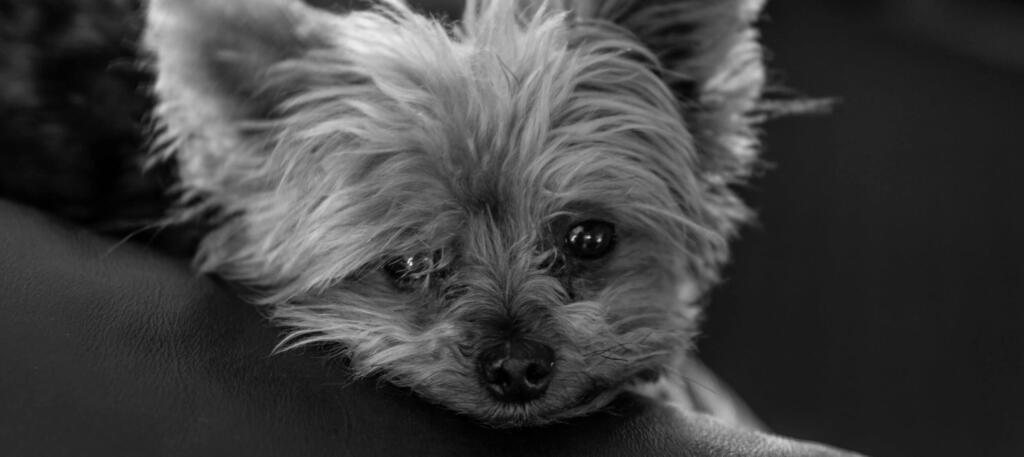When parties to a marriage or de facto relationship separate, there may be a dispute about who keeps the family pet. Whether it is Gordon the goldfish, Cuddles the cat or Fido the loyal family dog, the question is – how does the Family Court treat pets in divorce proceedings.
For most separated couples, it is usually not clear who has the right to keep the pet. This can cause added stress to an already tense time when the parties may be trying to resolve property and/or children’s matters. Sometimes, pets can also be used as pawns in the negotiation process, or withheld out of spite from the party who really wants the pet.
Property settlement, child support, spousal maintenance and parenting matters have statutory provisions and years of court cases (called precedents) which help and guide lawyers and courts in the resolution of disputes. However, the final decision as to who keeps the family pet is not as readily defined in the law or precedent.
So how does the Family Court decide who keeps the family pet?
Most people regard their family pet as a member of their family and they would hope that if there was a disagreement about who keeps the pet, the Family Court would impose “custody” arrangements for the pet similar to the way children’s matters are treated. However, unlike child-related matters, the “best interest” principle is not applied to pets.
Family law cases have established that family pets are to be treated as “personal property”. They will be included amongst the assets of the parties such as motor cars, furniture, jewellery, houses and the like and will be allocated a dollar value (if necessary) as part of the final settlement.
The Family Court will assess factors including the following:
- Who is the registered owner of the animal?
- Who has the possession/care of the animal?
- Who will have suitable accommodation for the animal in the light of the property settlement?
- Who can continue to maintain the animal; ensure the animal is fed, properly housed and treated by a vet where necessary is readily available?
While the Family Court does not have the jurisdiction to make live with/spend time with orders in relation to a pet as it can, and does, in children’s matters, it may order the pet to travel with the child between parents to comfort the child and create a familiar household between residences.
Given pets are regarded as personal property, they fall within the provisions of Section 81 of the Family Law Act which states in part that “…the Court shall, as far as practicable, make such orders as will finally determine the financial relationship between the parties to the marriage and avoid further proceedings between them.” This suggests that the Court would not be willing to make Orders keeping the parties in contact with one another through continued shared possession of property such as a pet, when this tie can or could be severed.
There is a case
As recently as February 2017, a judge in the Federal Circuit Court at Parramatta in New South Wales delivered a judgement dealing with property which included a dog.
It was a short marriage; the dog was only 5 years old at the time of the hearing. The wife had chosen the dog, then a pup, while they were dating. The husband paid for the pup as a birthday gift for his then fiancé.
The dog lived with the wife at her parents’ home before the marriage and with the wife and the husband after they married. Although there is a requirement in NSW to register a “companion animal”, the dog was not registered by the wife until after they separated.
The wife paid vet bills and for the dog’s food before and after they married.
The judge decided that the dog was the wife’s property.
What can you do to show ownership?
To become involved in litigation in the Family Court around family pets would be an expensive exercise. The Family Court has limited powers to make Orders about pets.
But there are a few things you could do before any dispute arises, such as:
- When you purchase a family pet, such as a cat or a dog, register it in the name of the person who is the primary owner/carer of the animal;
- If you are the true owner/carer of the pet, keep possession of it after separation to establish a clear ownership nexus; and
- Ensure that you can properly house the pet in suitable accommodation and are able to meet its food and medical expenses.
If both parties want to spend time with the animal following separation, an informal agreement can be drawn up covering who the pet will live with and what each party will be financially responsible for. However, the Family Court would have limited power to enforce such an agreement.



